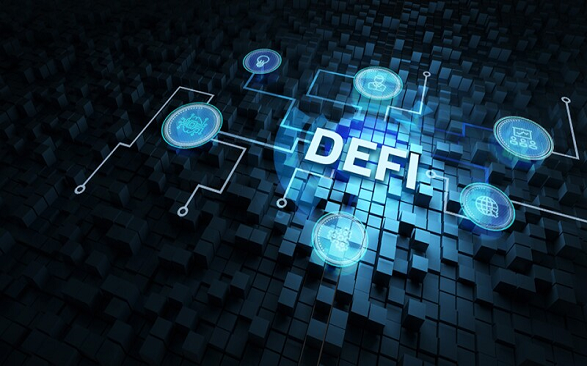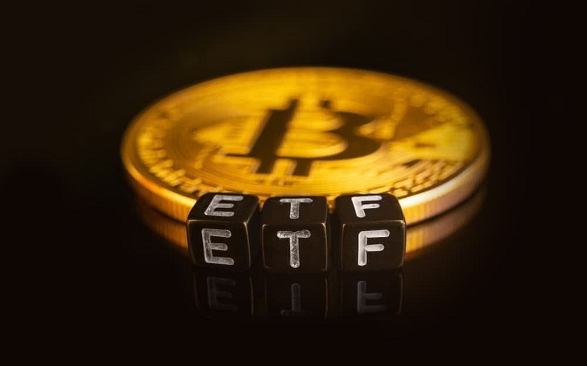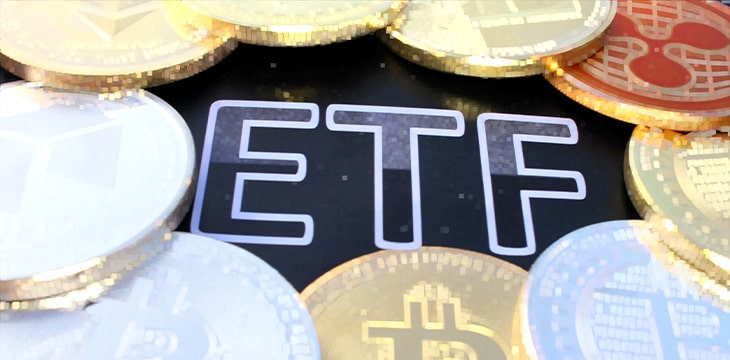In recent years, decentralized finance (DeFi) protocols have emerged as a disruptive force, offering cutting-edge financial services based on blockchain technology and posing a threat to established banking systems. Users can access a variety of financial products and services through these protocols, which are enabled by smart contracts, without the need for intermediaries like banks.
One of the primary ways DeFi is altering traditional banking is through its emphasis on diversity. Unlike traditional banking systems, which typically require rigorous documentation and credit background checks, DeFi protocols make financial services more accessible to anybody with an internet connection and a compatible device. This has the potential to empower millions of people who are underserved or excluded from the traditional banking industry, particularly in developing nations.
DeFi protocols provide transparency and security by leveraging blockchain’s immutability and promoting trust. Robust security measures, including multi-signature wallets and decentralized governance, guard against hackers. They drive innovation in lending, borrowing, trading, and asset management, allowing for direct peer-to-peer transactions and efficient, permissionless trading on decentralized exchanges (DEXs).
Read also: What is Decentralized Finance (DeFi) and How To Benefit from Its Ecosystem?
DeFi Protocols disrupting traditional finance
Lets us take a look at some of the protocols causing disruption to traditional finance below:
- Kinesis: Kinesis is a DeFi technology that has transformed the concept of digital gold and silver. It blends blockchain technology with real-world assets, allowing users to own, trade, and transact in stablecoins backed by gold and silver. Kinesis offers a secure and transparent solution for investors looking for digital stability and capital preservation. We have both gold- and silver-backed tokens issued on the blockchain and their token symbols are $KAU and $KAG respectively, and with $102,947,817 and $98,523,788 market cap respectively.
- Aave: Aave is a decentralized lending platform that allows for the borrowing and lending of various crypto assets, including variable interest rates and flash loans. With a market cap of $1,842,271,964 and current price of $124.34 at the time of writing, Aave’s all-time high price is $661.69.
- Uniswap: Uniswap is a decentralized exchange (DEX) platform that allows users to swap ERC-20 tokens directly with one another. This eliminates the need for intermediaries and provides liquidity for token trading. At the time of writing, $UNI, the token of Uniswap, has a $7,007,985,064 market cap,a current price of $9.28, and all-time high of $44.92.
Related: Uniswap Labs receives Wells Notice from the US SEC.
- Synthetix: Synthetix is a decentralized platform that allows users to create and trade synthetic assets. Synthetic assets are tokenized versions of real-world assets like fiat currencies, commodities, and equities. Synthetix allows customers to obtain exposure to these assets without relying on traditional financial intermediaries.
Read also: Top 5 Decentralized Crypto Exchanges You Should Know
The risks involved in DeFi protocols are high.
Investing in DeFi protocols provides intriguing potential, but also carries substantial risks. Simply put, the DeFi space is high risk. Unlike established financial systems, DeFi is mainly unregulated, exposing investors to higher levels of risk.
Common dangers related with DeFi investments include smart contract weaknesses, hacker incidents, and impermanent loss. Furthermore, the volatility of crypto assets in the DeFi market might result in significant losses in a short period. Besides, because DeFi platforms are decentralized, there is no central authority to resort to in the event of fraud or complaints, leaving investors with little or no options.
Understanding the risks involved in DeFi is vital. As a potential or existing DeFi investor, ensure that you do your own research (DYOR) before investing in any DeFi product. This is critical for navigating today’s DeFi market safely and securely. It’s the Wild, Wild West.
According to Chanalysis 2023 Crypto Crime Report, the value lost in DeFi hacks was $1.1 billion, a decline by 63.7% year-over-year in 2023, and median loss per DeFi hack dropped by 7.4%. And, while the number of individual crypto hacks rose in 2023, the number of DeFi hacks specifically declined by 17.2%.
Conclusion
DeFi protocols are fundamentally changing the finance landscape by offering a more inclusive, transparent, and innovative alternative to traditional banking systems. As the DeFi ecosystem continues to grow and evolve, its impact on the global financial system is likely to become even more pronounced. However, DeFi presently has compliance to contend with, doesn’t it?
Read also: How to Analyze DeFi Projects
Olaoluwa Oluwasina, a graduate of Accounting and Finance from the Obafemi Awolowo University, Ile Ife, is the founder of 03 Finance School and the convener of the 03 Finance School Summit.
Discover more from Crypto Asset Buyer
Subscribe to get the latest posts sent to your email.




